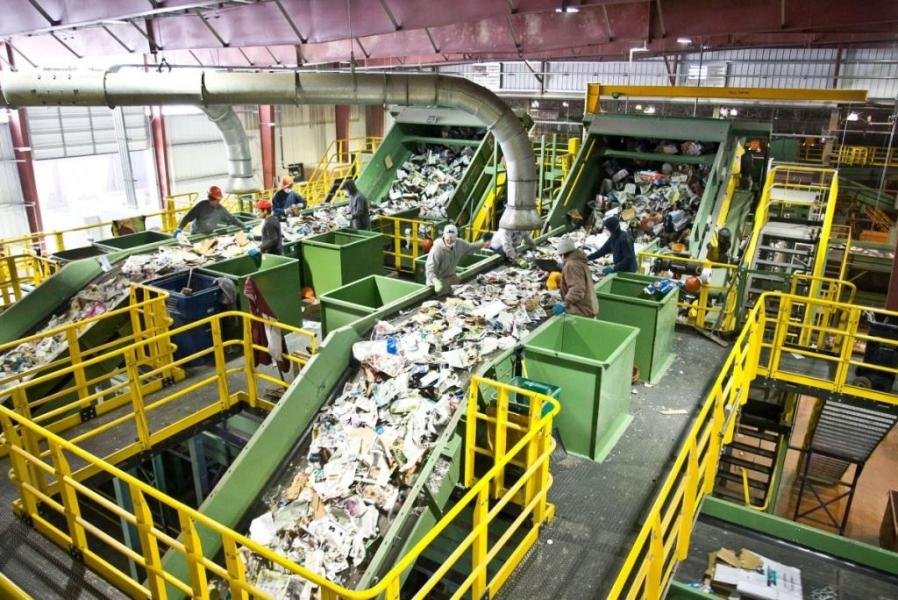Bengaluru, the bustling tech capital of India, faces a mounting waste management challenge, with the Bruhat Bengaluru Mahanagara Palike (BBMP) spending an astonishing ₹7,45,809 every day to process the city’s waste. Each day, approximately 1,160 metric tonnes of waste are processed across seven units, highlighting the scale of the city’s waste crisis. With a cumulative capacity of 1,620 metric tonnes, these units form the backbone of Bengaluru’s waste management system, but the daily costs reveal the financial strain of keeping up with the city’s rapid growth and waste generation.
The BBMP operates seven solid waste processing units, with each incurring significant operational costs. For instance, the Chikkanagamangala unit, which handles 275 metric tonnes of waste daily, costs ₹1,80,000 per day to operate, while the Kannahalli “Waste to Energy” facility processes 308 metric tonnes at a much lower cost of ₹57,203. While these facilities serve critical roles, the financial burden of maintaining and expanding them to keep pace with Bengaluru’s ever-growing waste generation is evident. These figures underscore the complexity of managing a city’s waste in an urban environment where infrastructure often struggles to keep up with demand.
According to Deputy Chief Minister DK Shivakumar, the BBMP’s waste management efforts are structured and systematic, with primary collection vehicles assigned to each ward to ensure regular waste pickup. The segregated waste is sent to centralised processing units and landfill sites, with non-segregated waste managed at the city’s identified “black spots” to avoid public inconvenience. However, despite these efforts, the rising costs and challenges of dealing with increasing waste volumes are making it clear that Bengaluru’s waste management system requires more sustainable solutions.
The sustainability angle of Bengaluru’s waste crisis cannot be ignored. With increasing waste generation, particularly from urban areas, the focus must shift to more eco-friendly solutions, such as waste segregation at the source and promoting recycling. Bengaluru’s push towards waste-to-energy plants, like the one in Kannahalli, offers hope, but such facilities need to be expanded and optimised. Additionally, the city’s growing reliance on private waste contractors poses risks if not tightly regulated, and therefore, it becomes imperative for civic authorities to invest in long-term, sustainable waste management infrastructure. Ultimately, only through continued investment in eco-friendly solutions and regulatory improvements can Bengaluru begin to tackle its waste challenges while promoting environmental sustainability.


